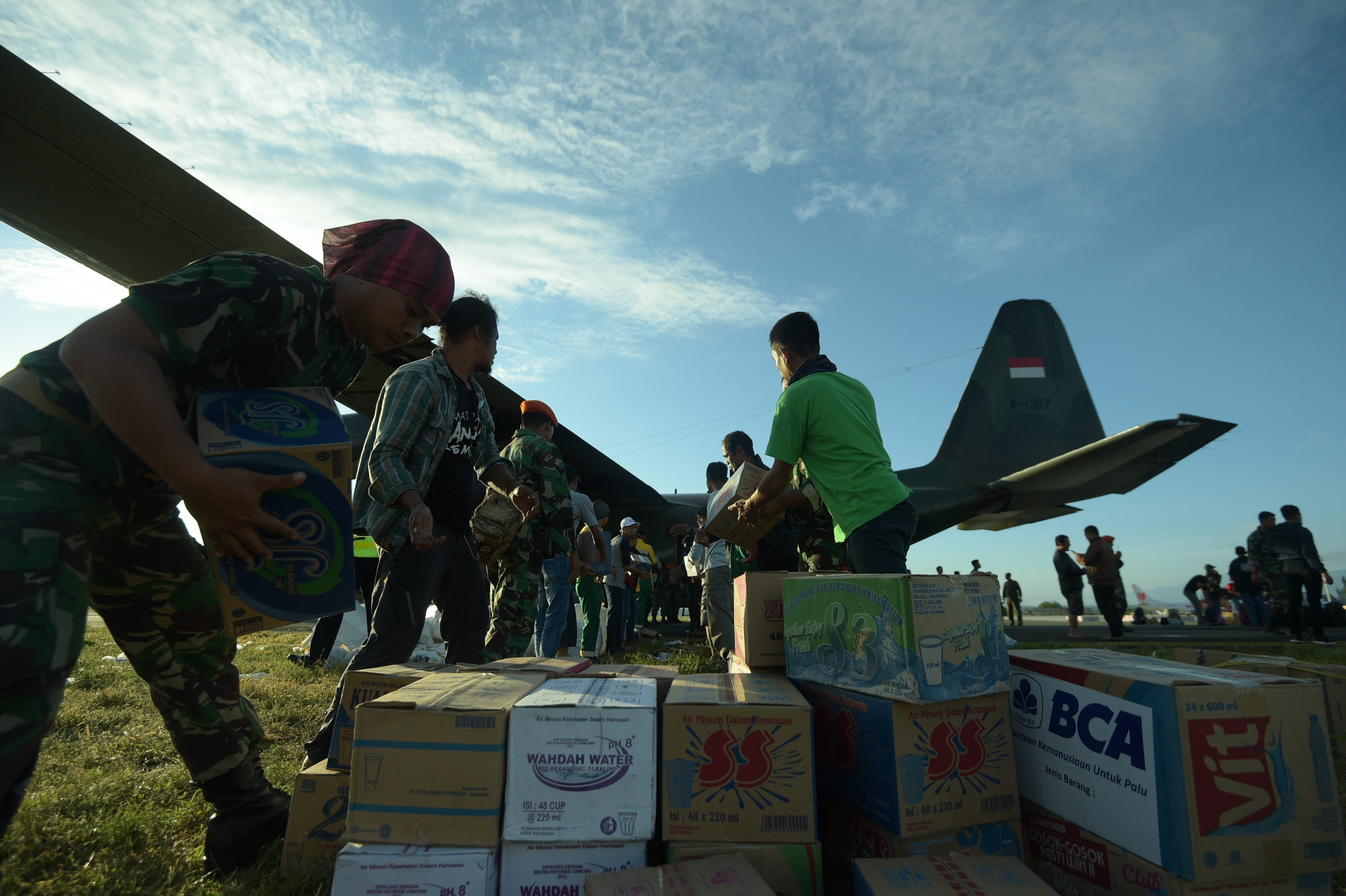
The launch of the International Human Response course will equip engineers with the essential skills, knowledge and expertise required for humanitarian response and prepare them for challenging real-world scenarios.
UNSW Sydney is excited to announce the delivery of the International Human Response course in partnership with RedR Australia.
 This course is centred on improving the situation of disadvantaged communities and individuals that have been impacted by sudden disruption due to a natural disaster or forced migration.
This course is centred on improving the situation of disadvantaged communities and individuals that have been impacted by sudden disruption due to a natural disaster or forced migration.
Students will gain in-depth knowledge and the essential skills to respond to humanitarian disaster and assist with recovery via a series of lectures and workshops held at UNSW Kensington, and participation in an embedded one-week field exercise in Mount Macedon Victoria.
Professor Stephen Foster, Acting Dean UNSW Engineering welcomed the announcement of the new course, and the opportunities it will provide.
“Engineers play a vital role in the immediate response to natural and human caused disasters, and in the pursuing recovery. We are proud to partner with RedR Australia to train the next generation of humanitarian engineers, and provide them with the skills and knowledge they need to tackle often traumatic, humanitarian crises, where individuals and communities can be most vulnerable,” Prof. Foster said.
RedR Australia is a leading international humanitarian response agency that prepares and deploys skilled people to help communities plan, prepare, rebuild and recover before, during and after crisis and conflict. Successful completion of the course activities results in students receiving RedR Australia accreditation.
Kirsten Sayers, RedR Australia CEO also acknowledged the critical role of engineers in supporting humanity, noting that with climate change increasing the likelihood of humanitarian disasters and conflict, there is likely to be a greater need for humanitarian engineers in the future.
“We are pleased to partner with UNSW to deliver this International Humanitarian Response course, giving participants a new perspective to engineering and how they can contribute to building a better world,” Ms Sayers said.
“UNSW has acknowledged the continuing demand for qualified personnel in the International Humanitarian response sector, and we are excited that UNSW has chosen to include our popular interactive and scenario-based ‘Essentials of Humanitarian Practice’ (EHP) course into the degree curriculum.”
Learn more about the International Humanitarian Response course here and the Humanitarian Engineering program at UNSW at unsw.to/he.
